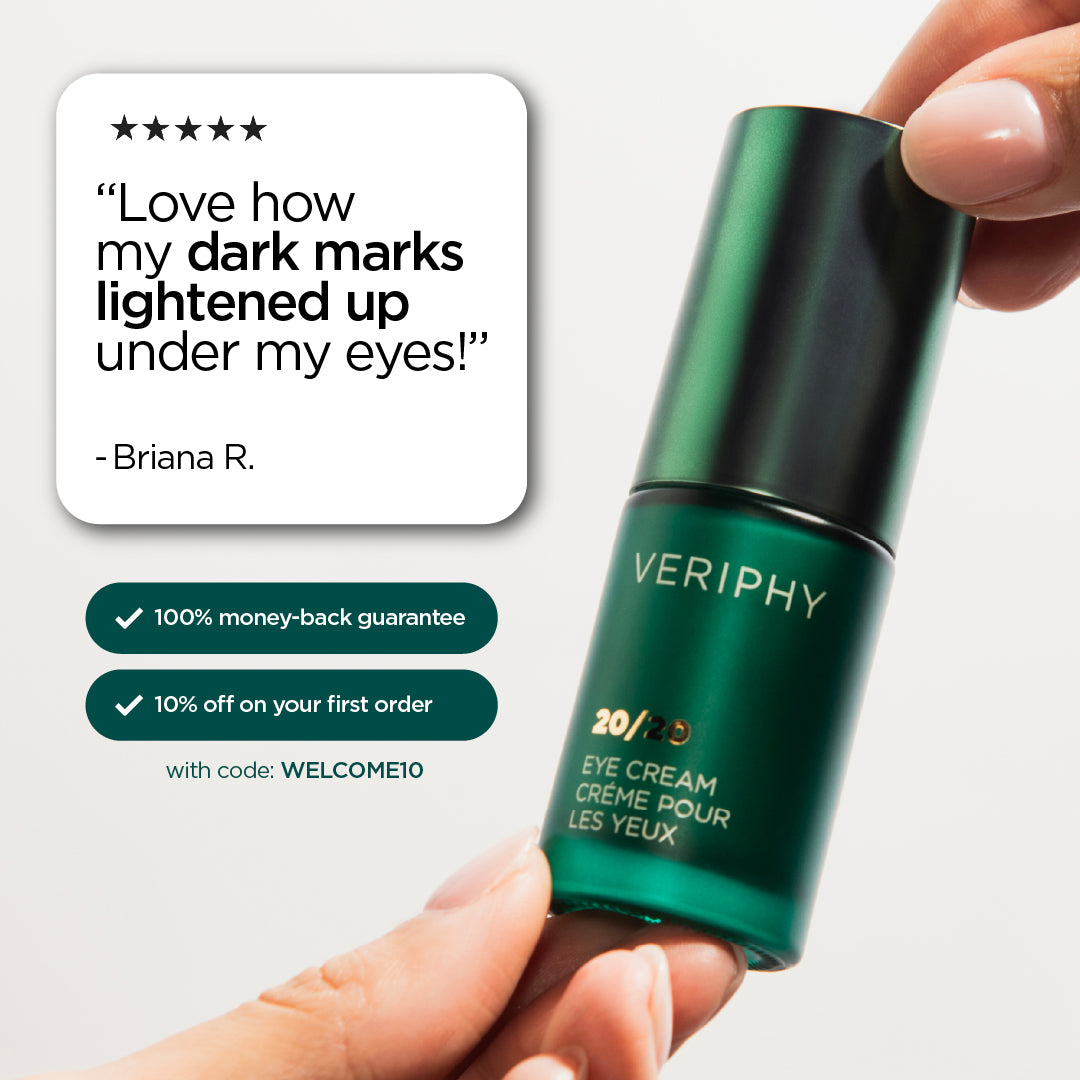
The Hidden Downsides of Non-GMO and Vegan Skincare Labels
In recent years, clean beauty has become a major trend, with non-GMO and vegan labels taking center stage. Many consumers are drawn to these products because they promise ethical, eco-friendly, and safe alternatives to traditional skincare. Non-GMO ensures that ingredients are free from genetically modified organisms, while vegan products contain no animal-derived components.
While these labels carry positive associations, they do not automatically guarantee effective or safe skincare. Understanding the hidden limitations of non-GMO and vegan claims is essential for making informed choices that support both your skin health and your ethical values.
Non-GMO Does Not Always Mean Better for Your Skin
Non-GMO labels indicate that an ingredient has not been genetically modified. However, this does not speak to its effectiveness, safety, or suitability for your skin. Even non-GMO ingredients can cause irritation, breakouts, or allergic reactions, particularly for sensitive skin.
For example, plant oils or botanical extracts may be non-GMO but can still clog pores or trigger inflammation if not properly formulated. Skincare results depend on ingredient quality, concentration, and delivery, not simply its origin.
Tip: Focus on products that are both clinically tested and well-formulated, regardless of GMO status.
Vegan Skincare Can Deliver Deep Hydration When Formulated Correctly
Veriphy Skincare offers 100 percent plant-based formulations that are ethical, vegan-friendly, and backed by science. While some animal-derived ingredients, such as honey or lanolin, naturally provide hydration and barrier support, Veriphy uses clinically validated plant-based alternatives that deliver comparable results.
One key ingredient, PhytoSpherix®a plant-based glycogen, helps boost hydration, improve elasticity, and strengthen the skin barrier for all skin types, including sensitive skin.
Tip: Choose vegan skincare brands that include bioavailable plant oils, humectants, and clinically tested activities to ensure your skin receives proper nourishment, hydration, and repair.
Clean Labels Can Be Misleading
Non-GMO and vegan labels are often associated with clean or safe products. However, this is not always the case. Some brands rely on synthetic preservatives, fragrances, or solvents to stabilize plant-based or vegan ingredients.
These stabilizers can irritate sensitive skin and reduce the perceived benefits of clean beauty. In addition, labels rarely indicate the concentrations of active ingredients. A product may include a beneficial component, but the amount may be too low to provide noticeable results.
Tip: Read ingredient lists carefully and prioritize brands that provide transparent formulation details and clinical testing.
Higher Price Does Not Guarantee Performance
Non-GMO and vegan skincare often comes with a higher price tag. Many consumers assume that ethical or plant-based products are inherently more effective. Price, however, is not a reliable indicator of performance.
Some high-cost vegan products perform exceptionally well, while others fail due to weak formulations or low concentrations of active ingredients. Conversely, some non-vegan or GMO-inclusive products may outperform them if they are carefully engineered to deliver results.
Tip: Focus on scientifically backed ingredients and proven efficacy rather than relying on label claims or price alone.
Limited Ingredient Options Can Hinder Results
To maintain non-GMO or vegan compliance, some brands avoid ingredients that are highly effective in skincare, such as specific peptides, ceramides, or bioactive proteins.
This restriction can make it harder to target concerns like aging, hyperpigmentation, or barrier repair. Without the right activities, your routine may not deliver visible improvements, even if it aligns with your ethical standards.
Tip: Look for products that balance ethical standards with advanced formulations, such as plant-based peptides or biotech-enhanced ingredients, to achieve optimal results.
How to Navigate Skincare Labels Wisely
- Check Ingredient Efficacy: Labels are not enough. Choose ingredients with proven results.
- Understand Your Skin Needs: Select products based on your skin type and specific concerns.
- Look for Science-Backed Formulations: Biotech optimization can improve ingredient stability and absorption.
- Patch Test New Products: Even natural or plant-based ingredients can cause reactions.
-
Consistency is Key: Regular use is essential for visible results, regardless of ethical labels.
Conclusion
Non-GMO and vegan skincare labels provide ethical and environmental benefits, but they do not automatically ensure efficacy or safety. Some products may lack essential nutrients, rely on synthetic stabilizers, or exclude potent active ingredients.
For optimal skin results, prioritize clinically tested, well-formulated products that combine ethical considerations with scientifically backed ingredients. Brands like Veriphy Skincare exemplify this approach, offering plant-based, vegan-friendly formulations enhanced with biotech innovations to deliver visible results without compromise.



